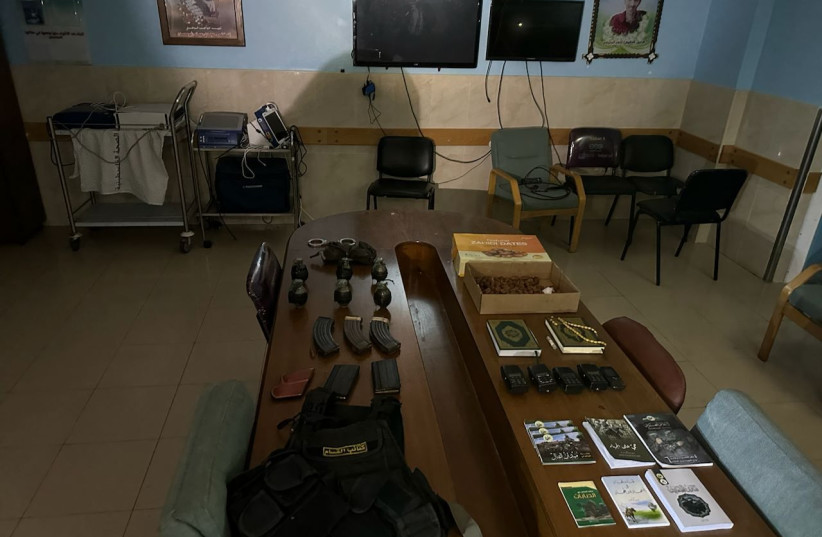The United Nations human rights chief said on Thursday outbreaks of disease and hunger seemed "inevitable" in Gaza after weeks of Israeli assault on the densely populated Palestinian enclave.
Speaking at an informal briefing to states at the United Nations in Geneva after visiting the Middle East, Volker Turk said the depletion of fuel would be "catastrophic" across Gaza, leading to the collapse of sewage systems, healthcare and ending the scarce humanitarian aid being supplied.
"Massive outbreaks of infectious disease, and hunger, seem inevitable," Turk, the UN High Commissioner for Human Rights, said.
Health trends in Gaza
The World Health Organization has warned of "worrying trends" in disease spread in Gaza, saying there had been an unusually large number of cases of diarrhoeal disease in the enclave, where bombardments and a ground operation have disrupted the health system, access to clean water and caused people to crowd into shelters.

Turk, who described the bombardment by Israel as "of an intensity rarely experienced in this century," also expressed concern about increasing violence and discrimination against Palestinians in the occupied West Bank, including East Jerusalem.
"In my view, this creates a potentially explosive situation, and I want to be clear: we are well beyond the level of early warning," Turk said.
"I am ringing the loudest possible alarm bell about the occupied West Bank."
